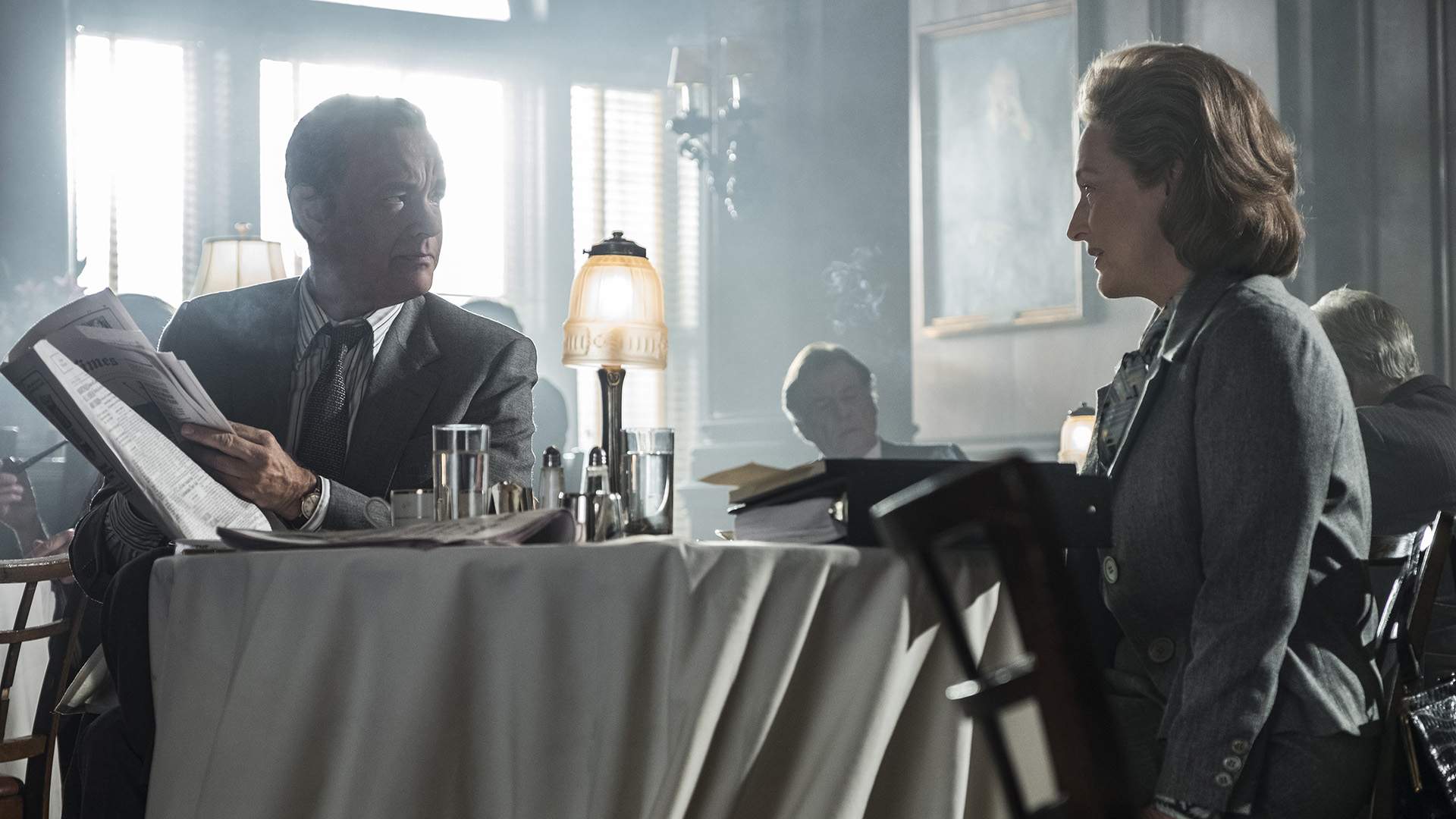The Post
A solid journalistic drama about speaking truth to power that feels particularly relevant today.
Overview
In The Post, journalists strive to source, confirm and publish reports about a government cover-up spanning several decades. In America's highest office, and among the connected and influential, the powers-that-be attempt to silence the story. It's a true tale, and one that couldn't be more relevant today. At the moment, if the media tried to reveal something as significant as the Pentagon Papers — which detailed the lies four consecutive US administrations told the public about the country's involvement in the Vietnam war — we all know what would happen. Tweets would fly, thick, fast, and probably misspelled. "Fake news!" they'd scream, over and over again.
If you're not familiar with the real-life scandal that rocked Washington in the early 1970s, it all starts with marine turned military analyst Daniel Ellsberg (Matthew Rhys) and a treasure trove of leaked classified documents. Once The Washington Post editor Ben Bradlee (Tom Hanks) begins to suspect that their rivals at The New York Times have a big scoop in the works, the two newspapers battle it out to piece together the story. The Nixon administration pushes back, placing publisher Katharine Graham (Meryl Streep) under considerable pressure to kill their investigation. While the government accuses the press of violating espionage laws and causing irreparable damage to American security, the journalists stand by their belief in the First Amendment as well as the importance of speaking truth to power. Complicating matters further is the paper's impending stock offering, with the board and investors nervous about possible controversy.
There's perhaps never been a better time to make a movie about an attack on the freedom of the press, or the need for the media to scrutinise the workings of the country's leaders. That feeling is inescapable while watching The Post, to the point that many of its rousing speeches could easily be uttered today. That said, director Steven Spielberg dedicates the bulk of the film's time to the procedural business of reporters doing what they do: chasing leads, combing through documents, butting up against deadlines, and more. Tracking their hard work, as well as the difficult decisions and fierce opposition that comes with it, the drama is solid, smart and polished.
Working together for the first time in their long and illustrious careers, the same can be said of the movie's two stars. The Post is an ensemble effort, with Bob Odenkirk, Carrie Coon, Tracy Letts and Sarah Paulson all fantastic in pivotal parts. But the central performances of Hanks and Streep are particularly instrumental in the film's hard-earned thrills. Hanks ensures Bradlee's hard-nosed determination shines through, while Streep brings quiet courage to a trickier and ultimately more resonant role. Among The Post's many timely subjects, the dismissive treatment Graham endured as the first female publisher of a major American paper does not escape attention. Nor does her fortitude in fighting back.
With Spielberg in the director's chair, working with a script by first-timer Liz Hannah and Spotlight Oscar-winner Josh Singer, none of the above should be surprising. Increasingly at home making serious-minded dramas as the decades go by — see Lincoln and Bridge of Spies in recent years — the filmmaker's handling of tone and pace suits the story and subject matter perfectly. With frames filled with period detail and steely hues (the picture was shot by his now 16-time cinematographer Janusz Kaminski), Spielberg favours an old-fashioned, no-nonsense approach that nonetheless proves thoroughly rousing. And really, how better to handle a movie like this. This tale might be history, but these days it feels like anything but.





